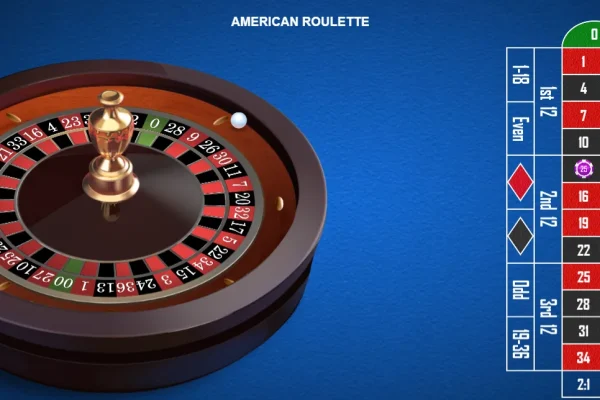Gambling isn’t just about luck or strategy—it’s deeply tied to how our brains work. The thrill of a win, the sting of a loss, the way we rationalize “just one more bet”… all of it stems from psychology. But here’s the deal: understanding these mental triggers can help cultivate responsible gambling habits. Let’s dive in.
Why Our Brains Love Gambling (A Little Too Much)
Ever wondered why slot machines are so addictive? Or why poker players chase losses? It’s not just about money—it’s neuroscience. Here’s what’s happening under the hood:
The Dopamine Effect
Winning—even small amounts—floods the brain with dopamine, the “feel-good” chemical. Over time, the brain starts craving that high, making it harder to walk away. It’s like craving sugar: the more you get, the more you want.
The Near-Miss Trap
Studies show near-misses (e.g., two out of three jackpot symbols) activate the same brain regions as actual wins. This tricks us into thinking we’re “close” to winning—even when the odds haven’t changed. Slot machines? Yeah, they’re designed to exploit this.
The Sunk Cost Fallacy
Ever thought, “I’ve already lost $100—I can’t quit now”? That’s the sunk cost fallacy in action. Our brains hate “wasting” past investments, even when walking away is the smarter move. Gamblers call it “chasing losses.” Psychologists call it a cognitive trap.
How to Build Responsible Gambling Habits
Okay, so our brains are wired to gamble. But that doesn’t mean we’re doomed to reckless bets. Here’s how to stay in control:
1. Set Limits (And Stick to Them)
Before you play, decide:
- Time limits: “I’ll play for 30 minutes, then stop.”
- Money limits: “I won’t spend more than $50 tonight.”
- Loss limits: “If I lose $20, I’m done.”
Write these down. Better yet, use casino tools like deposit limits or self-exclusion apps. Your future self will thank you.
2. Recognize Emotional Triggers
Gambling often spikes when we’re stressed, bored, or lonely. Ask yourself: “Am I playing to have fun—or to escape something?” If it’s the latter, try a walk, a movie, or calling a friend instead.
3. Treat Gambling as Entertainment, Not Income
Here’s a hard truth: the house always wins long-term. View gambling like concert tickets—you’re paying for fun, not profit. If you’re counting on a jackpot to pay rent, that’s a red flag.
The Role of Cognitive Biases
Even math-savvy players fall for mental shortcuts. Watch out for these:
| Bias | What It Means | Example |
| Gambler’s Fallacy | Believing past events affect future odds | “Red came up 5 times—black is ‘due’ next!” |
| Illusion of Control | Thinking skill influences pure luck games | Blowing on dice for “better luck” |
| Confirmation Bias | Remembering wins, ignoring losses | “I won $200 last week!” (Forgetting $500 in losses) |
When Gambling Becomes a Problem
For some, gambling stops being fun and starts causing harm. Signs include:
- Borrowing money to gamble
- Lying about losses
- Neglecting work or relationships
- Feeling restless when not betting
If this sounds familiar, reach out to organizations like the National Council on Problem Gambling. There’s zero shame in asking for help.
Final Thoughts: Play Smart, Stay Safe
Gambling isn’t inherently bad—but like alcohol or junk food, it’s all about moderation. Know your brain’s tricks. Set boundaries. And most importantly? Remember that walking away is sometimes the biggest win of all.












